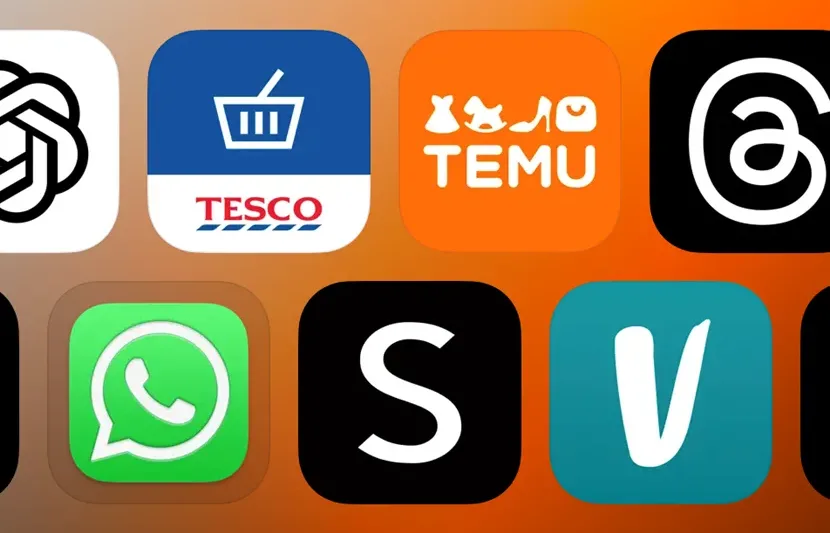Startups constantly face new problems in the ever-evolving digital world. Today’s landscape enables them to differentiate themselves using innovative solutions to stand out in an already saturated market. One of the most vital strategies in brand building is digital branding, which helps startups connect and communicate their values to the audience in a memorable way. As technology advances, the expectations of consumers are also changing, rapidly shifting the future of branding.
Tips and Tricks of Personalisation
The growth of personalisation has fuelled the success of digital branding. Advertisements that are generic and do not resonate with the audience are not effective. Now consumers look for unique approaches and experiences that reflect their needs. Consequently, startups have started paying more attention to data-backed strategies to form deep connections with consumers, identifying and building out intricate experiences. Using AI and analytics, brands have the ability to intercept consumer behavior and customise their messaging.
From specialised email promotions to individualised media that aim at certain sections of the market, personalisation has profoundly changed how startups manage customer relations. In the future, we may expect hyper-personalized marketing strategies that include personalized websites which change depending on a visitor’s browsing patterns, as well as real-time interaction marketing.
Redesigning to Emphasise Simplicity and Minimalism
In an overly crowded digital space, brands are focusing on maximising their market potential and raising their competitiveness by placing more focus on the simpler and more minimalistic approach to their logos and websites. Websites with bold logos and strongly elaborated logos tend to create a distraction for the viewer and detract their attention from the most important aspects. Startups are designing more simple websites with basic logos that are more effective for marketing and will grab the user’s focus, therefore minimalism is on the rise.
However, minimalism does not mean losing creativity. In fact, it grants more focus on what actually matters and creates logos with meaning behind it, rather than logos that are bold but lack depth. These aspects allow startup companies to effectively improve their branding and market themselves better without compromising on creativity. This trend is expected to continue in the future as the demand for easy, self-explanatory designs is more common.
The Significance of Visual Storytelling
The significance of visual storytelling is growing, as it is a key element in portraying a brand. People are passionate about seeing images and moving pictures in the form of videos which makes it easy for a brand to illustrate its gist. Growing businesses are now leveraging visuals such as videos and photos, as well as animation to create captivating stories for their audience.
From the emergence of social media and platforms such as Instagram Tik Tok and YouTube, visual storytelling became the order of the day for new and emerging companies to relate with younger audiences who are more tech-savvy. Through visuals, growing businesses can give a face to their brands, demonstrate their products being used, and build a bond with their audience. In the future, we can expect more exciting techniques of visual storytelling such as AR (augmented reality) and VR (virtual reality).
Video and Interactive Content
Video content as one of the most powerful forms of content has existed for a long time. Video content is very important in branding especially nowadays when consumers are looking for fast engaging information. As a result, businesses will benefit from video marketing in branding and in teaching consumers new information about their products and services.
Startups can use their resources to develop interactive content which ranges from quizzes and polls to games. Such content not only captures the attention of the audience but also gives brands essential information regarding the preferences of their clients. These sectors can achieve a sensation of higher personalisation as a consequence of the advancement in AI and Machine Learning. This, in turn, allows businesses to have a more tailored marketing approach.
Significance of Branding in Relation to Technical Enhancements
As nascent companies strive to carve a distinct market niche for their brand. Consider how hard it is for them to strive towards having a marketable brand image when the focus on precise details such as image optimisation is continuously ignored. Success in modern advertising highly depends on the quality and efficiency of digital assets and poor image optimisation – such as slow-loading images – can lead to a higher rate of site visitors exiting the page and losing interest. It is also important to note that improperly optimised visuals can result in negative consequences for a website’s search engine ranking.
The process of image optimisation includes ensuring images are the right size and compressed to maintain their quality but allow for faster loading times. For this reason, image conversion tools are widely needed. Startups, in particular, require easier ways of ensuring their images are no only high quality, but also web and SEO optimised. For startups, an image converter can serve as an excellent starting point.
Aside from imagery, a startup’s website has to incorporate mobile compatibility, loading speed, and easy navigation. Customer tolerance for non-optimised sites is thin, and any startup that struggles to provide a quality experience risks being outperformed by competitors.
Sustainability and Ethical Marketing
Brands are now required to put their foot down and actively participate in social issues due to evolving consumer expectations. Startups that wish to establish an identity now have no option for unsustainable or unethical practices; it is a given. Those who can prove their commitment to sustainability, responsible sourcing, and social impact will definitely gain a significant advantage in the marketplace.
This is especially important for new businesses in the fashion, food, and technology industries, where the environmental and social impact is more scrutinised. Brands will have to be more open in their communications regarding their social values in order to build a loyal customer base.
The Importance of AI and Automation
Startups are embracing AI and automation to enhance their approach to digital marketing, branding, and advertising. From AI-generated copies and images to chatbots that attend to clients 24/7, new businesses are leveraging technology to simplify their branding efforts.
Startups can leverage AI to analyse consumer data at scale to define patterns and understand future possibilities, which aids in purposeful brand management. Social media activities such as posting and running email marketing campaigns can be automated, thereby allowing brands to focus their resources on strategic matters.
Conclusion
In the context of startups, the future of digital branding is appealing because new designs, technology, and customer behavioural patterns foster growth. Personalisation, simplicity, visual storytelling, interactivity, and other evolving digital trends will enable startups to gain a competitive edge over others within the next few years.
At the same time, be careful not to fall into the trap of neglecting technical issues like image optimisation. Within the confines of the highly competitive digital world, every aspect counts, and the balance between creativity, technical skill, and branding effort puts these startups in a favourable position. As technology changes around us and customers expect more, it’s vital for startups to be flexible and quick to adapt so they stay relevant in today’s world.
![]()







